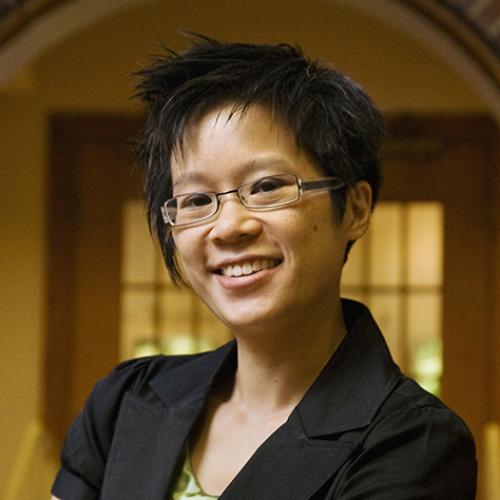Associate Professor Bonnie Mak has been invited to share her expertise at a National Science Foundation (NSF) workshop on "Social Facets of Data Science." Organized by faculty from California Polytechnic State University, Cornell University, North Carolina State University, the University of Alabama, and the University of Texas at Austin, the workshop will examine data science as an important and growing profession that sits at the intersection of the STEM fields and the liberal and creative arts.
Topics to be covered include data and society; data infrastructures; the environmental implications of data science; as well as scholarly method and craft in data science, which will include discussions of art, design, and film.
Mak is one of six scholars selected from the country's leading research and teaching institutions who will be featured at the workshop.
"I am honored to be part of this exciting initiative that explores links between the arts and data science. I am keen to relate my own experiences in humanities and design, and to hear how others are similarly imagining critical and creative approaches to the study and use of data," Mak said.
Mak is jointly appointed in the iSchool and the Program in Medieval Studies at Illinois. She teaches courses that explore the history of information and its practices. Her first book, How the Page Matters (2011), examines the interface of the page as it is developed across time, geographies, and technologies. A second book-length project, Confessions of a 21st-Century Memsahib, explores the historical circumstances that shape the digital materials with which scholarship is increasingly conducted, and thereby examines the notions of data and information in the humanities.
